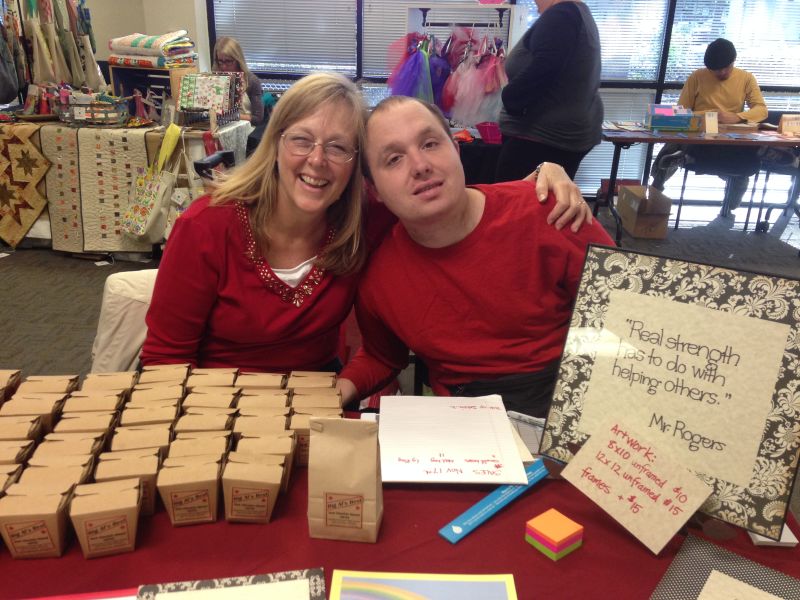The rising rates of children being diagnosed with autism in the U.S. has been alarming to parents, doctors and educators struggling to understand the vast array of disorders that fall under this heading and how to provide the best care. Researchers believe genetics and environmental triggers combine to cause autism.
Autism is an umbrella term for a spectrum of neurodevelopmental disorders that emerge in early childhood, affecting social interaction, behavior and communication. Research has shown early access to care and intervention can dramatically improve the progress, symptoms and daily functioning of kids with autism.
Last week the National Center for Health Statistics released a survey that found autism rates in children may be higher than experts had thought. The report found that one in 45 children ages 3 to 17 has autism. The U.S. Centers for Disease Control and Prevention had previously pegged the rate at 1 in 68 American children.
Over the years studies have identified different genes associated with autism, but much remains to be learned about the interaction between specific genes and environmental factors and how they influence the development of subtypes of autism.
Researchers have begun to focus on large-scale collections of data like Kaiser’s project. Such initiatives offer hope that certain factors in subtypes of autism can be identified.
“Being told your child has ‘autism’ doesn’t really tell you what you and your child will be dealing with for the rest of your lives,” said Mathew Pletcher, vice president and head of genomic discovery at Autism Speaks, an advocacy group for people with autism. “It’s a broad term that covers a huge number of kids and symptoms. It’s not like being told you have cancer, what type of cancer, what stage of cancer and which drugs best treat it.”
Autism Speaks is working with Google to sequence the DNA of more than 10,000 families living with autism. The data will be made available to researchers at no cost, Pletcher said.
“This data is now allowing us to break apart the spectrum into a much more meaningful diagnosis,” he said. “With trying to understand a complex disorder like autism, it comes down to numbers, the depth and breadth of data out there. There is never enough data. There’s always interest in another effort like the Kaiser study to bring more families in.”
The work at Kaiser’s biobank and Google could lead to more tailored treatments to treat autism, researchers say.
Autism frequently coexists with physical ailments like gastrointestinal problems, seizures or allergies. Researchers may find that certain genes drive certain combinations of those conditions, Croen said.
“Teasing apart the spectrum, we might makes some leaps forward,” she said.
For participating Kaiser patients with an autism diagnosis, their biological parents will provide samples of blood or saliva and complete questionnaires. All patient identifiers will be removed before the data is provided to researchers.
Joanna Jaeger, who has a 23-year-old son with autism, said she and her family agreed to participate in the study to help other parents.
Her son, Alex, who has an at-home toffee making business, used to have difficulty cooperating during blood tests, she said. A blood draw once took “five people 45 minutes,” to make happen. But she says now it’s something he can do without difficulty, so she thought it was especially important to participate.
“It’s a great way for parents to give back and advance the information,” said Joanna Jaeger, who lives in Milpitas and is on the community advisory board for the Kaiser Permanente Autism Research Program. “So much of the time we are all overwhelmed and in the moment in day-to-day life. This is something we can do to make things a little easier for families who will deal with autism in the future.”
Since recruitment began in July, Kaiser has enrolled 270 families, health plan officials said.
“This resource can’t exist without families participating,” Croen said. “Hopefully, together we can all make a difference.”
Learn more about Kaiser's autism biobank study.
